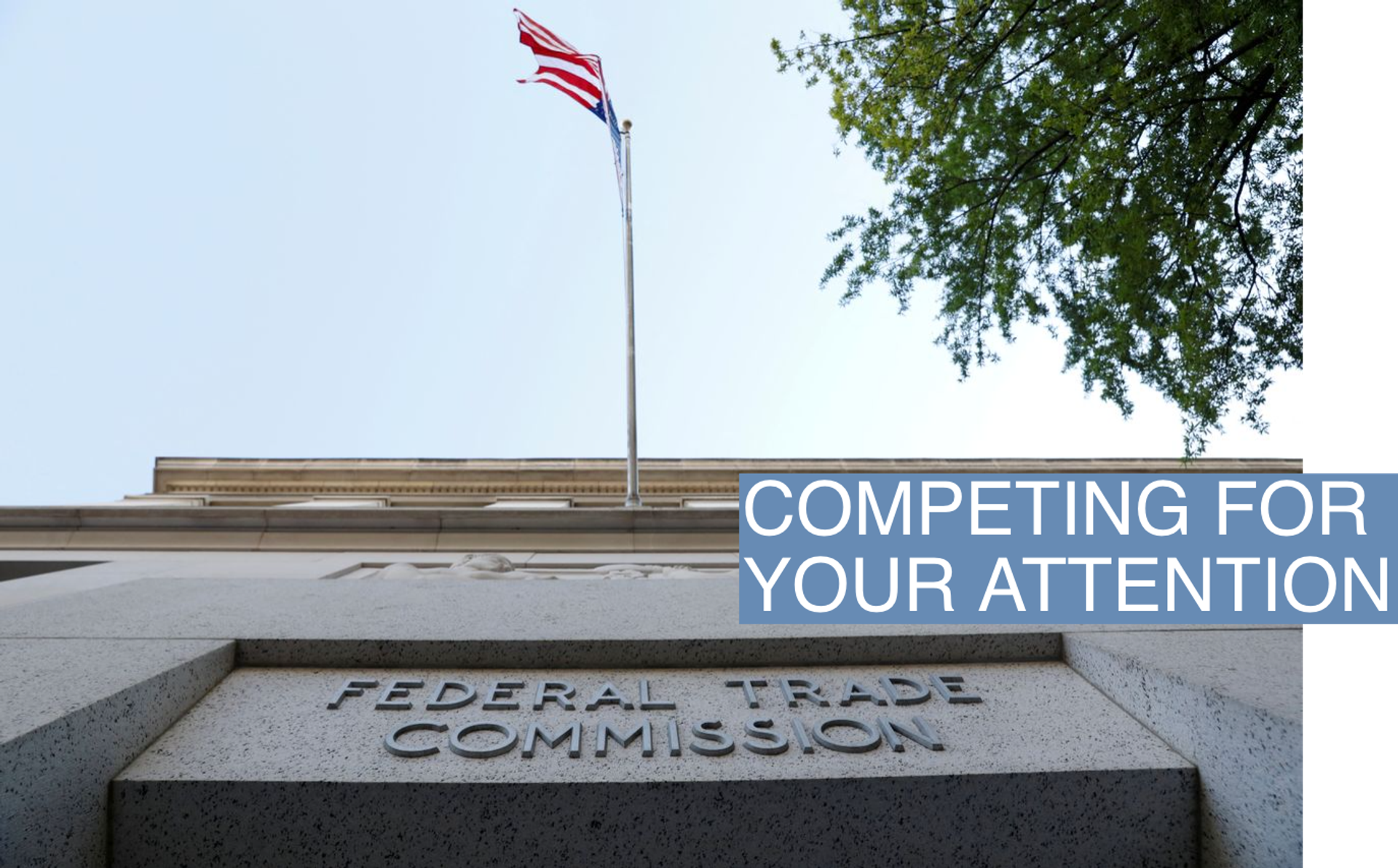The News

The Federal Trade Commission proposed an expansive new rule on Thursday that would ban companies from imposing noncompete agreements on their employees, a move that could give approximately 30 million Americans more freedom to switch jobs and look for higher pay, but seems likely to face a legal challenge.
In this article:
Jordan’s view
With all due respect to Kevin McCarthy’s wild odyssey to become speaker, this might actually be the most consequential thing that happens in Washington today. The action will either change the face of labor rights or lay the groundwork for a high-stakes showdown over the FTC’s power to shape the rules of antitrust.
“This is a BFD,” tweeted Bharat Ramamurti, deputy director of the White House’s National Economic Council Deputy Director.
The regulation would bar noncompete clauses, which prevent workers from leaving their employer for a rival and have become increasingly prevalent in recent years, as a form of unfair competition under antitrust law. The Biden administration urged the FTC to limit the use of noncompetes in a 2021 executive order, and White House officials today jumped to celebrate the agency’s action.
But the proposal is already facing serious resistance from the business lobby that seems destined to play out in court. The U.S. Chamber of Commerce issued a statement calling the FTC’s rule “blatantly unlawful.” Sean Heather, the group’s vice president for antitrust policy, told Semafor that while it was too early in the regulatory process to discuss a lawsuit, “we aren’t going to sit on our hands and let the FTC move forward in an extra legal manner.”
Once reserved mostly for executives and highly paid professionals, the use of noncompete agreements has exploded over the last several decades, with recent studies finding that they cover between 15% and 18% of all workers, even while being effectively banned in a handful of states including California.
Defenders of noncompetes argue that they encourage businesses to invest in training their staff, since they can be confident workers won’t leave for a competitor, and prevent crucial employees from running off with important business secrets or client lists. Some studies have found that highly sought after workers with negotiating leverage like doctors tend to make more when covered by the agreements.
But noncompetes have also become yoke for low-wage hourly workers who ordinarily have little say over terms of their employment. The issue arguably first caught serious attention among journalists and within policy circles a few years back when it was revealed that the sub chain Jimmy John’s was forcing its sandwich makers to sign the agreements (it later dropped the practice after a lawsuit).
Several studies have found that enforcing noncompetes tends to lower workers’ wages on the whole, including in the tech sector. Many argue that it also acts as a drag on innovation by stopping workers from spinning off their own startups. It’s often been theorized that Silicon Valley eclipsed Boston’s Route 128 as America’s premier tech hub in part because California bars noncompetes, while Massachusetts does not.
The topic has attracted some bipartisan attention in Washington: Last year, Sens. Todd Young, R-Ind., Kevin Cramer, R-N.D., Chris Murphy, D-Conn., and Tim Kaine, D-Va. introduced a bill that would largely ban noncompetes. But despite the center-right, center-left teamup, the legislation has yet to gain much traction.
The proposed FTC rule would be similar in scale to their bill, barring the agreements with narrow exceptions involving the sales of business. “That is the gold standard of national non-compete reform,” John Lettieri, head of the Economic Innovation Group, a think tank that has backed the bipartisan legislation. But, he added: “This is going to be swiftly challenged. It’s a very sweeping rule. So the possibility of a reversal lives large here.”
The regulation is one of many legal trial balloons FTC Chair Lina Khan has floated during her tenure. Under her, the agency has pursued a vastly more aggressive approach to antitrust enforcement than in recent decades, often using novel arguments she has sometimes acknowledged might fail in court.
The noncompete rule is the FTC’s first attempt under her lead to issue a fresh regulation dealing with unfair competition, which critics, including the Chamber, have argued is likely outside its authority. While Congress has set out specific areas where the agency is allowed to create new regulations, they say, this isn’t one of them.
All of that means the FTC isn’t merely setting up a fight about workers’ rights; it’s setting up a battle over its own right to unilaterally mold antitrust law.
The View From The Right
The question of what to do about noncompetes has led to some interesting splits among conservatives. The Chamber of Commerce, in line with its generally conservative positions on business regulation, has advocated against blanket bans; it argues that, despite their name, “reasonable” noncompete clauses can actually increase competition between businesses by encouraging them to train and retain workers. But the America First Policy Institute, the think tank of choice for the MAGA right, recently suggested outlawing noncompetes at the state level. And as noted earlier, Young and Kramer, two moderate Republicans, are looking to ban them nationally.
Notable
- In a skeptical paper looking at Khan’s efforts to transform antitrust law using regulatory levers, GW Law Professor Richard Pierce Jr. suggests that the FTC may not have the authority to ban noncompetes using the sort of rule it has proposed. However, it might be able to stamp them out “more rapidly and with less legal risk by using a combination of the tools that it has long used,” he writes.